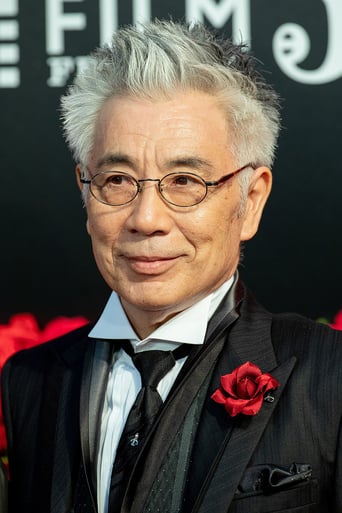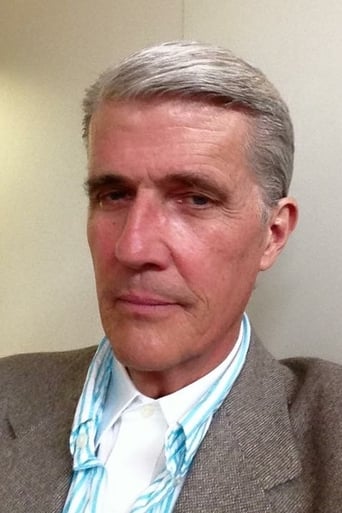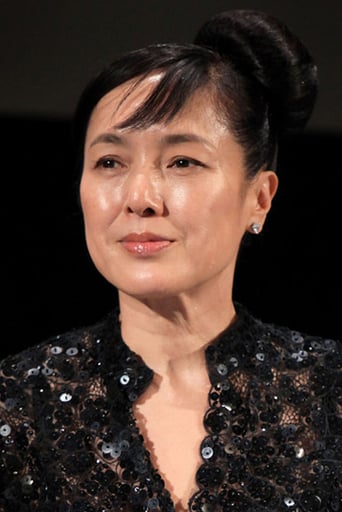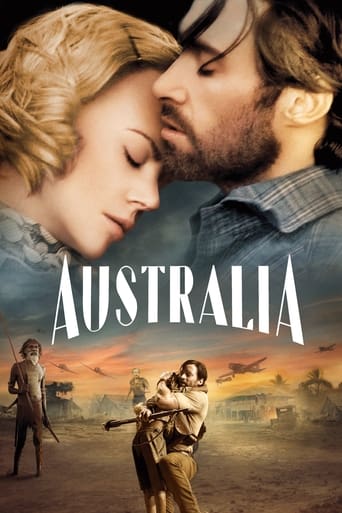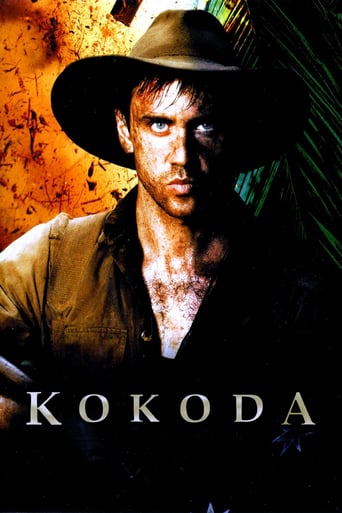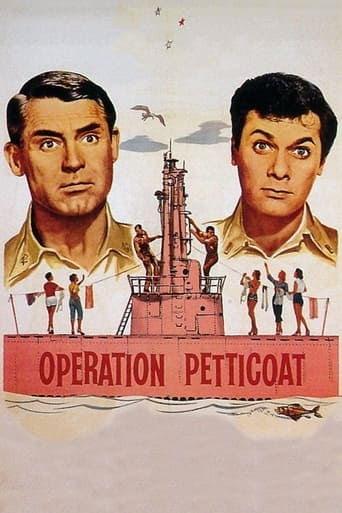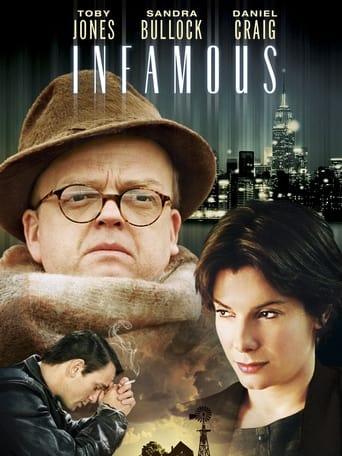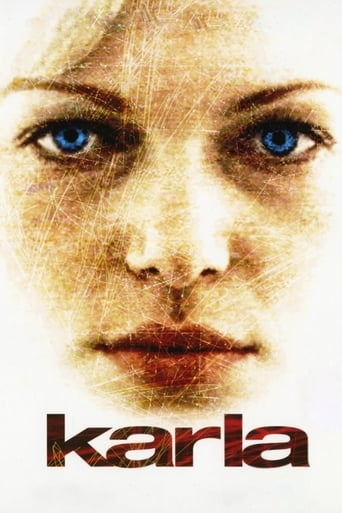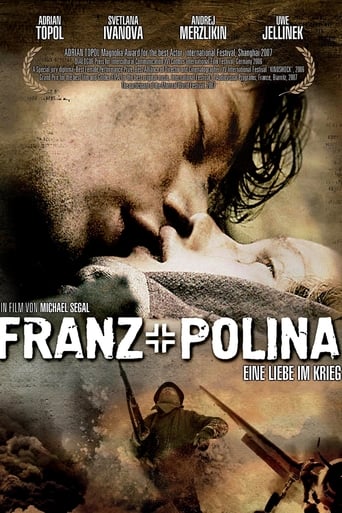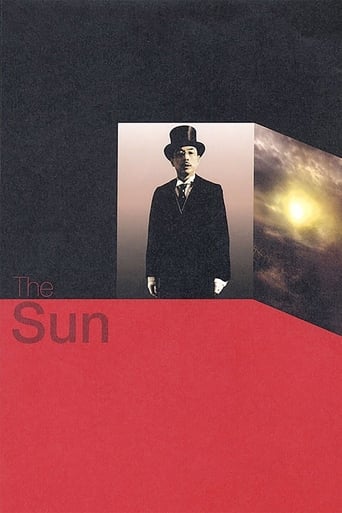
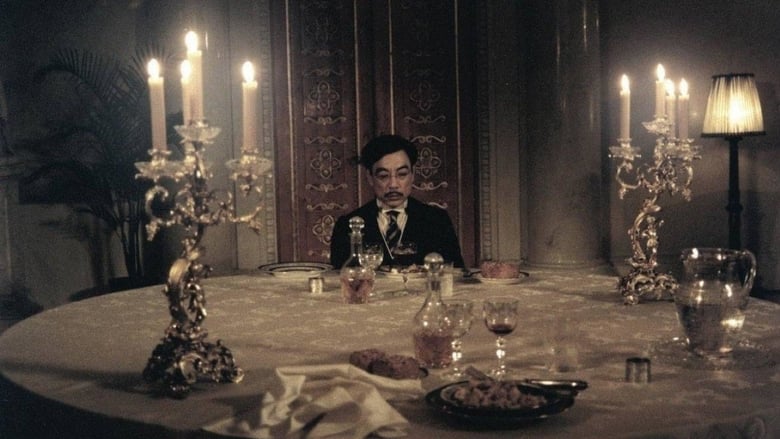
The Sun (2005)
Biographical film depicting Japanese Emperor Shōwa (Hirohito) during the final days of World War II. The film is the third drama in director Aleksandr Sokurov's trilogy, which included Taurus about the Soviet Union's Vladimir Lenin and Moloch about Nazi Germany's Adolf Hitler.
Watch Trailer
Cast


Similar titles
Reviews
Each character in this movie — down to the smallest one — is an individual rather than a type, prone to spontaneous changes of mood and sometimes amusing outbursts of pettiness or ill humor.
Close shines in drama with strong language, adult themes.
One of the film's great tricks is that, for a time, you think it will go down a rabbit hole of unrealistic glorification.
The movie really just wants to entertain people.
Alexander Sokurov's austere, moody and claustrophobic chamber piece, "The Sun," takes place in Tokyo in 1945, just as the victorious American forces are overtaking the city. The focus of the film is on Emperor Hirohito (believed by his subjects to be a direct descendant of the Sun goddess Amaterasu ) who, holed up in a bunker in the royal palace, agonizes over how such an ignominious fate could have befallen his nation and his people – and the part he himself may have played in bringing that outcome about.Hirohito spends much of the first half of the film engaging in deep introspection and personal recrimination, blaming himself for having placed too much faith in the power of the Empire and for relying too heavily on the enthusiasm of the soldiers rather than properly equipping the army. Meanwhile, he pores over old family photo albums as well as pictures of glamorous Hollywood stars of the time, suggesting that he clearly doesn't despise all things American, even if that nation has become the cause of his downfall.In the second half of the movie, Hirohito finds himself under house arrest, where his American captors ply him with wine and chocolate bars as they negotiate the terms of his surrender. Then he's brought before General MacArthur himself, who treats the defeated emperor with outward politeness but inward condescension and dismissiveness. The result is a subtle little game of cat-and-mouse in which two of the great figures of their time vie for position and power – both personal and diplomatic.A largely fictionalized, impressionistic account of historical events, "The Sun" is definitely an acquired taste. Its subdued tone, spare settings and desultory pacing may be off-putting to some in the audience, and the acting by the American performers is amateurish in the extreme. But there's a haunting quality to the film as well, as a man once convinced of his own infallibility, divinity and immortality is forced to face the fact that, like the rest of humanity, he has feet of clay – and finds what a truly liberating and unburdening thing that can be in the long run.
This is a very minimalistic effort. A movie where it seems nothing much happens and which moves along so slow, even snails would be annoyed. So if go into the movie expecting something fast, with fancy camera work (it's great camera work and the set/costume design is superb), where the camera brings in an action level, you'd be mistaken.But what you do get, is a wonderfully crafted story, with exceptional acting. And while this is a Russian movie, it plays in Japan and has Japanese values written all over it. While it could be described as boring, I really liked every little bit of it. The stillness and ambiguity, the main character "fighting" to maintain a status. The cruel treatment he seems to be getting by some and of course the clash of the cultures. Subtle, sublime and very well done.
Director Sokourov's portrayal of the Japanese Emperor during the time of his capitulation to America is spellbinding and possibly unique. Japanese civilization and especially its culture from warriors to sex and love are totally different to western culture. Issei HiroHito who plays the role of the Emperor is majestic in human manner and mannerisms, spanning glimpses of ancient customs of etiquette, the significance of poetry and the new world of science (HiroHito's passion being marine biology). Most significant is his surprising awareness of the fateful decisions he has to take at the end of WW2 in order to bring Japan into the next era. Long lasting peace is his fervent vision. One is surprised to learn that he hardly participatedin the making of the military decisions: unaware of the attack on Pearl Harbour, for example. Luckily for Japan, MacArthur knew something about Japan and its rigid etiquette and sensitive non military culture, having been there before the war. Lukily for Japan, MacArthur decided on getting to know his opponent in person to person meetings with the Emperor before pronouncing judgment on whether the Emperor was guilty of being leader of the war or just an innocent person kept away from the important decisions. The two meetings between MacArthur and HiroHito when HirorHito spoke English (he said he also spoke other languages), were non-political and dealt mostly with personal matters of family and leisure interests. These discussions, subtly developed in the film, convinced MacArthur that HiroHito was innocent and that HiroHito could be a unifying force for a new Japan. (This positive attitude by America through MacArthur can be contrasted by the exact opposite of the Versaille Peace Treaty at the end of WW1 vindictively pushed through by the French and which proved to be, as Woodrow Wilson feared, a cause for further troubles in Europe, finally WW2.) What makes the film outstanding is Issei Ogata's sensitive and convincing portrayal of the Emperor concerned with human interests, who is considered by the Japanese as a God. Secondly, the decorum of the Japanese, so rigid to exclude all compromise. Luckily for the Japanese HiroHito found a way to compromise. Also the film's special color range suggested more undertones than either a documentary or a book. Essential to see to understand.
I like Ogata in most all he does. But I think his casting here is a mistake. He is excellent at pulling out the one or two things of a type to set up a humorous caricature. He is an excellent comedian. I think, though, that as an impressionist rather than an actor, he played his impersonation a little too broadly. (It may be because Ogata does a lot of stage work, and had trouble toning down for the camera.) Having personally met the Emperor Showa in 1985, I can say with some confidence that though the twitching lips are an attribute, it was not as pronounced as Ogata plays it, less conscious, and more a condition of advanced age. (Hence overdone for playing someone in his 40's.)Another point of contention I have is with the script. There are quite a few moments when Ogata orders his servants to do something; but with the subservient plea "--kudasai". In the first half of the 20th century, the Japanese language was still exceedingly rank conscious. Even a commoner would use a condescending verb form for a request to a subordinate, whether the subordinate was a wife, a servant or an employee. It is even more strange to imagine the fawning servants enduring a request spoken by the Emperor from a linguistic position of submission. Courtly language is quite different from colloquial Japanese, and one instance we have of this is from his first radio transmission in which the Emperor used the personal pronoun 'Chin'.


